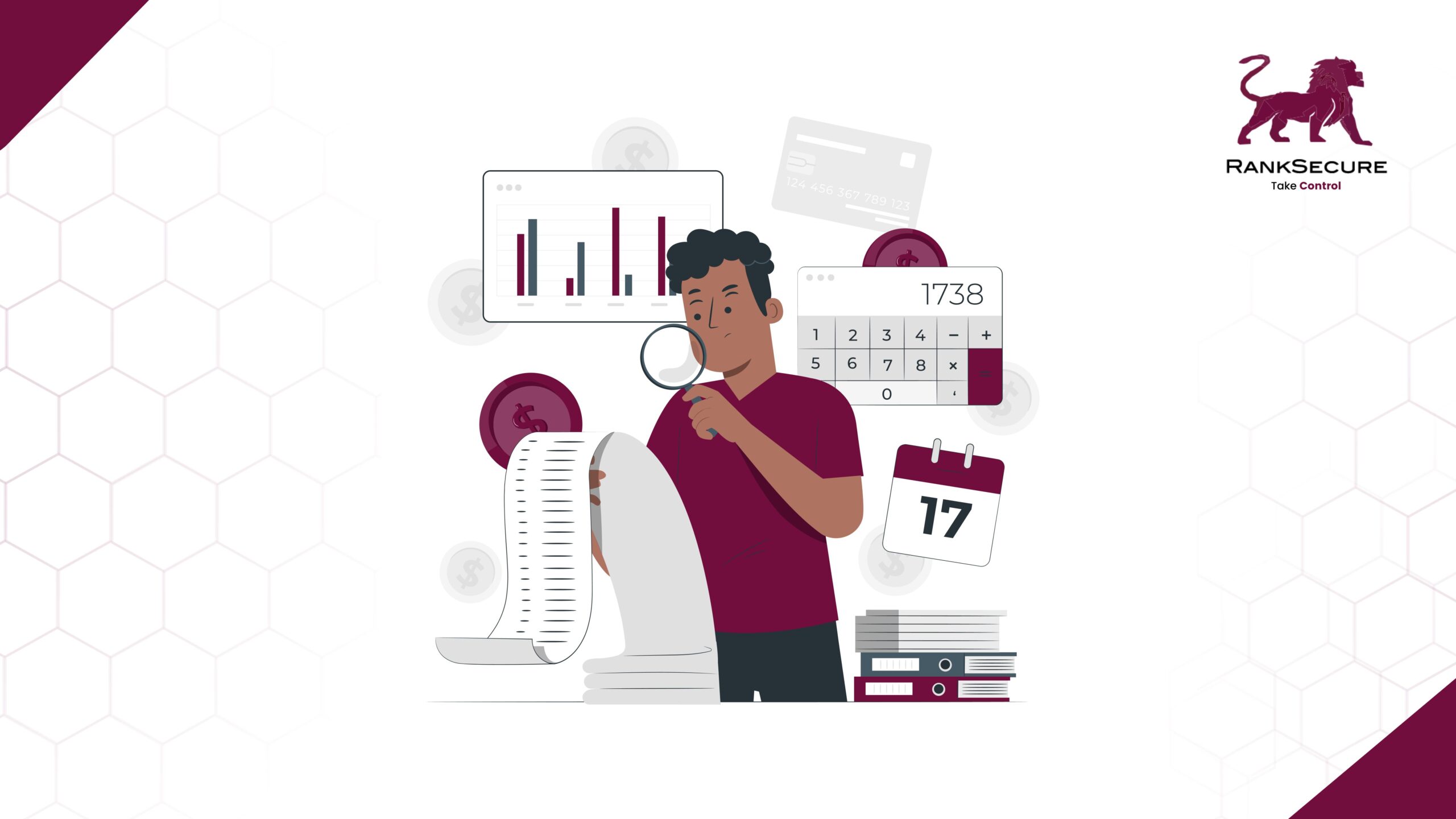
Compliance and Regulatory Considerations in Application Security Penetration Testing Services
In today’s digital landscape, application security is a top priority for organisations across industries. Conducting regular penetration testing is crucial to identify vulnerabilities and ensure the robustness of your applications. However, when engaging penetration testing services for application security, it is essential to consider compliance and regulatory requirements specific to your industry.
In this article, we will explore the importance of compliance and regulatory considerations in application security penetration testing services and how they can help organisations meet industry-specific requirements while enhancing their overall security posture.
The Significance of Compliance in Application Security
Compliance with industry regulations is not only a legal requirement but also a means to ensure the protection of sensitive data and maintain customer trust. Penetration testing services that prioritise compliance help organisations align their security efforts with applicable regulations, such as the General Data Protection Regulation (GDPR), Payment Card Industry Data Security Standard (PCI DSS), Health Insurance Portability and Accountability Act (HIPAA), and others.
Understanding Your Organisation’s Regulatory Requirements
Each industry has its own set of regulations and standards that your organisation must adhere to. You should have a clear understanding of the relevant regulations pertaining to your industry and the specific requirements they impose on application security. This knowledge will guide your selection of penetration testing services that have expertise in addressing these regulatory demands.
Industry-Specific Compliance Frameworks
In addition to general regulations, many industries have established industry-specific compliance frameworks. For instance, the financial sector follows regulations such as the Federal Financial Institutions Examination Council (FFIEC) guidelines, while the healthcare industry adheres to the Health Information Portability and Accountability Act (HIPAA). Choosing penetration testing services well-versed in these frameworks ensures assessments are conducted in line with your organisation’s distinct requirements.
Compliance-Centric Penetration Testing Methodologies
Penetration testing services that prioritise compliance will employ methodologies specifically designed to address regulatory requirements. They will assess not only the technical aspects of application security but also the organisational and procedural controls needed for compliance. This comprehensive approach helps you meet regulatory obligations while gaining a holistic view of your application security.
Secure Handling of Sensitive Data
During penetration testing, sensitive data may be involved, including personally identifiable information (PII), financial data, or healthcare records. Compliance-focused penetration testing services understand the importance of handling this data securely and ensure that data confidentiality and integrity are maintained throughout the testing process. This includes secure data storage, data anonymisation, and adherence to data protection laws.
Reporting and Documentation for Compliance
Regulatory compliance often requires thorough documentation and reporting. Specialised penetration testing services provide you with detailed reports that address compliance requirements and document vulnerabilities, their impact, and recommendations for remediation. These reports are invaluable for demonstrating compliance to regulatory bodies, internal stakeholders, and auditors.
To ensure seamless integration of application security penetration testing with compliance efforts, collaboration between the penetration testing service provider and your organisation’s internal compliance teams is crucial. By working closely together, your organisation can align compliance initiatives with the findings and recommendations resulting from penetration testing, streamlining the overall compliance process.
Conclusion
Compliance and regulatory considerations are paramount when engaging penetration testing services for application security. By selecting services that understand industry-specific regulations, employ compliance-centric methodologies, handle sensitive data securely, and provide comprehensive reporting and collaboration, you can meet regulatory obligations while strengthening your application security posture. Incorporating compliance into penetration testing services ensures a proactive approach to security that safeguards sensitive data, builds customer trust, and mitigates potential risks.
Recent Posts
What Is Patch Management? A Beginner’s Guide to Cybersecurity
When you study the world’s most damaging cyberattacks, one pattern keeps showing up. It is not always the cutting-edge zero-day exploit or the advanced persistent threat that breaks systems. It is often a known vulnerability, with a patch available, left unapplied for weeks or months. In every case,
The Real Reason Breaches Happen: Patch Delays
“A patch was available, but not applied in time.” That line keeps showing up, in regulatory findings, cyber insurance disputes, and boardroom debriefs. And for good reason: most successful attacks do not rely on novel techniques. They exploit known, fixable weaknesses. In fact, over 60 percent of breaches
What Is IT Asset Management? A Comprehensive Beginner’s Guide
Step inside any modern enterprise, and you’ll find an ever-expanding digital footprint: endpoints humming across departments, SaaS platforms proliferating faster than they’re being audited, cloud instances spun up without governance, and workloads moving in real time. It’s a playground and a potential minefield. Unmonitored endpoints become soft targets.






